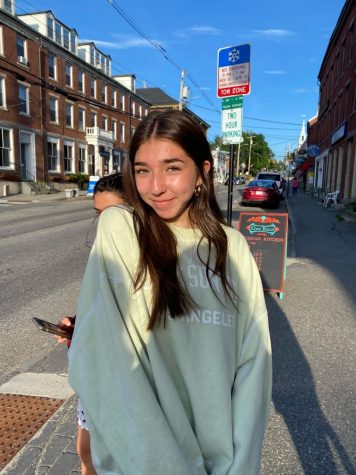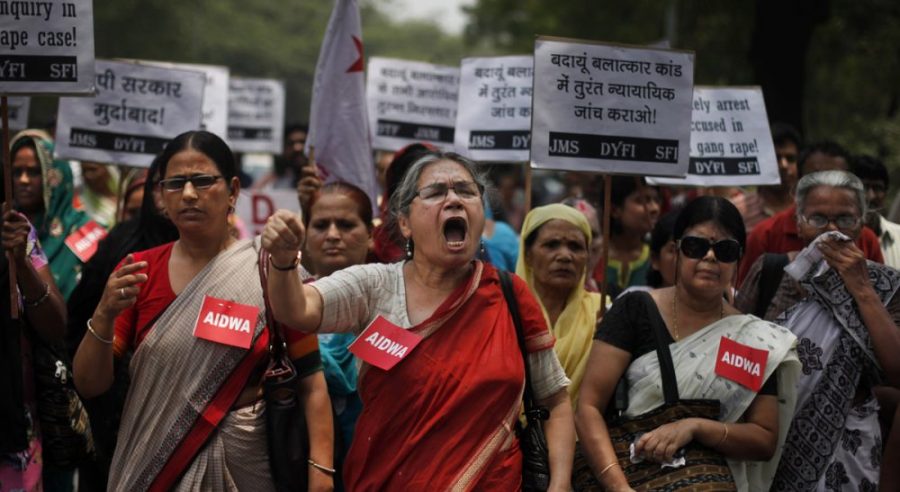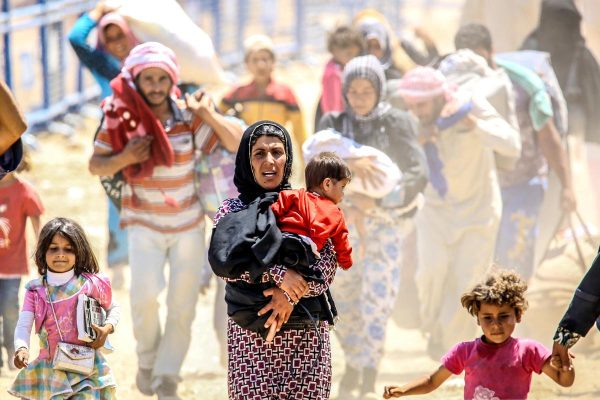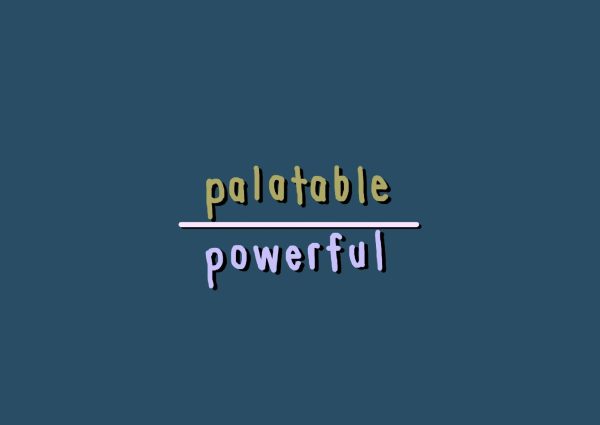The Struggle and Rise of Female Empowerment in India
For years, misogyny and degradation of women have existed all over the world. In India, recent attacks against women have sparked cries for change and protection of women. According to The Guardian’s Deepa Narayan, a 23-year-old woman was recently set on fire by five men on her way to testify in court against her rapists. Women have been raped and killed so often in India that data from the National Crime Records Bureau shows rape of minor girls had increased by 82% between 2016 and 2017, as The Guardian’s Deepa Narayan reports. Narayan found that oppression and sexual violence towards women and girls is a cultural issue that begins in homes where girls are taught to be afraid of their bodies and silenced. “When a girl is not supposed to exist, 1.3 billion people collectively pretend that girls don’t have bodies and especially no sexual parts. If girls do not have bodies, sexual molestation is not possible, and if it does happen, it has to be denied, and if it cannot be denied, the girl must be blamed.” This cycle has allowed the degradation of the livelihood of women for years and causes the extreme violence that is believed to be normal in many Indian homes.
Narayan says, “India can arguably be accused of the largest-scale human rights violation on Earth.” This violation is so imbedded in everyday culture, that film director Danial Shravan posted this on social media: ‘the government should legalize rape without violence for the safety of women.’” Shravan went on to say that women should, “cooperate with him (a rapist) while he fulfills his sexual desire. That way he will not try to harm you.” These posts represent the beliefs circulated in India that rape is acceptable and expected instead of cruel and evil.
Prime Minister Narendra Modi launched Beti Bachao (Save our Girls) in 2015- a national program meant to help dissolve these beliefs and offer more protection for women. This program is not enough. To combat this violence, we must make our voice heard to enact real change. Spreading knowledge and stories through social media is an effective way to bring attention to issues like these. Writing letters and speaking to your government representatives is another important way to draw recognition. Along with the Indian government, our own resources in America can be used to build a strong following to these issues so that men in powerful positions are pushed to step in and help the women of India.
While these issues occur in India, we should remember that our own country continues to struggle with matters of disrespect and inequality towards women. Though these fights for an equal nation have been heard more in America than in India, they haven’t thoroughly been placed in action. Our issues of equal pay, equal places in society, and equal respect have almost come to the forefront of American media and issues, but apparently they haven’t seemed important enough for the powerful men in our country to make a change. Women have worked since before the Suffragette movement for an equal society, and have definitely made progress; but America needs to hold onto the issue of women’s rights and respect and not lose focus. The #MeToo movement as well as the Women’s Marches around the country have made headlines and added momentum to these matters of human respect. America needs to ensure that this momentum is not lost in the future until all women and people are treated with equal respect and dignity.
Misogyny and disrespect towards women has been a part of too many cultures for too long. The recent publicity on women’s protection and rights in India will hopefully spark change in their government and society so that the future for young girls is not made up of submissiveness and silence. Girls should be given proper educations and opportunities instead of being taught not to have opinions. The time has come for female voices to be heard and acknowledged everywhere.

Hi! My name is Lilli Serota and I am a senior at Sandy Spring Friends School. I have been a staff writer for the Wildezine for three years and written...






